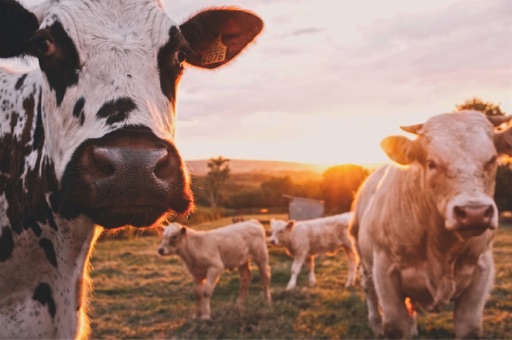In recent years, the concept of sustainability has gained significant traction across various industries, and agriculture is no exception. Sustainable agricultural practices aim to meet current food and textile needs without compromising the ability of future generations to meet their own. This approach minimizes environmental impact, enhances biodiversity, and promotes holistic farming methods.
One of the main goals of sustainable agriculture is to develop a farming system that is ecologically sound and economically viable. This often involves techniques such as crop rotation, organic farming, and permaculture. By utilizing these practices, farmers can maintain soil health, reduce the need for chemical fertilizers and pesticides, and improve water conservation.
Another critical aspect of sustainable agriculture is local sourcing. By reducing the distance food travels from farm to table, we can decrease greenhouse gas emissions, improve food freshness, and support local economies. Community-supported agriculture (CSA) programs are a perfect example of how consumers can engage with local farmers and enjoy seasonal produce.
Moreover, adopting sustainable practices can enhance the resilience of agricultural systems. As climate change continues to threaten agricultural productivity, using environmentally friendly methods can help mitigate the impacts, such as soil degradation and water shortages. Farmers who invest in sustainability are better equipped to adapt to changing conditions.
Consumer awareness plays a pivotal role in the promotion of sustainable agriculture. As people become more conscious of how their food is produced, there is a growing demand for organic and sustainably sourced products. This shift is encouraging more farmers to adopt sustainable practices, fostering a healthier planet.
In conclusion, the importance of sustainable practices in agriculture cannot be overstated. By embracing methods that prioritize environmental health, we can ensure food security for future generations while promoting economic stability within our communities. Supporting sustainable agriculture is not just a trend; it is crucial for the well-being of our planet.

Source: FMT





